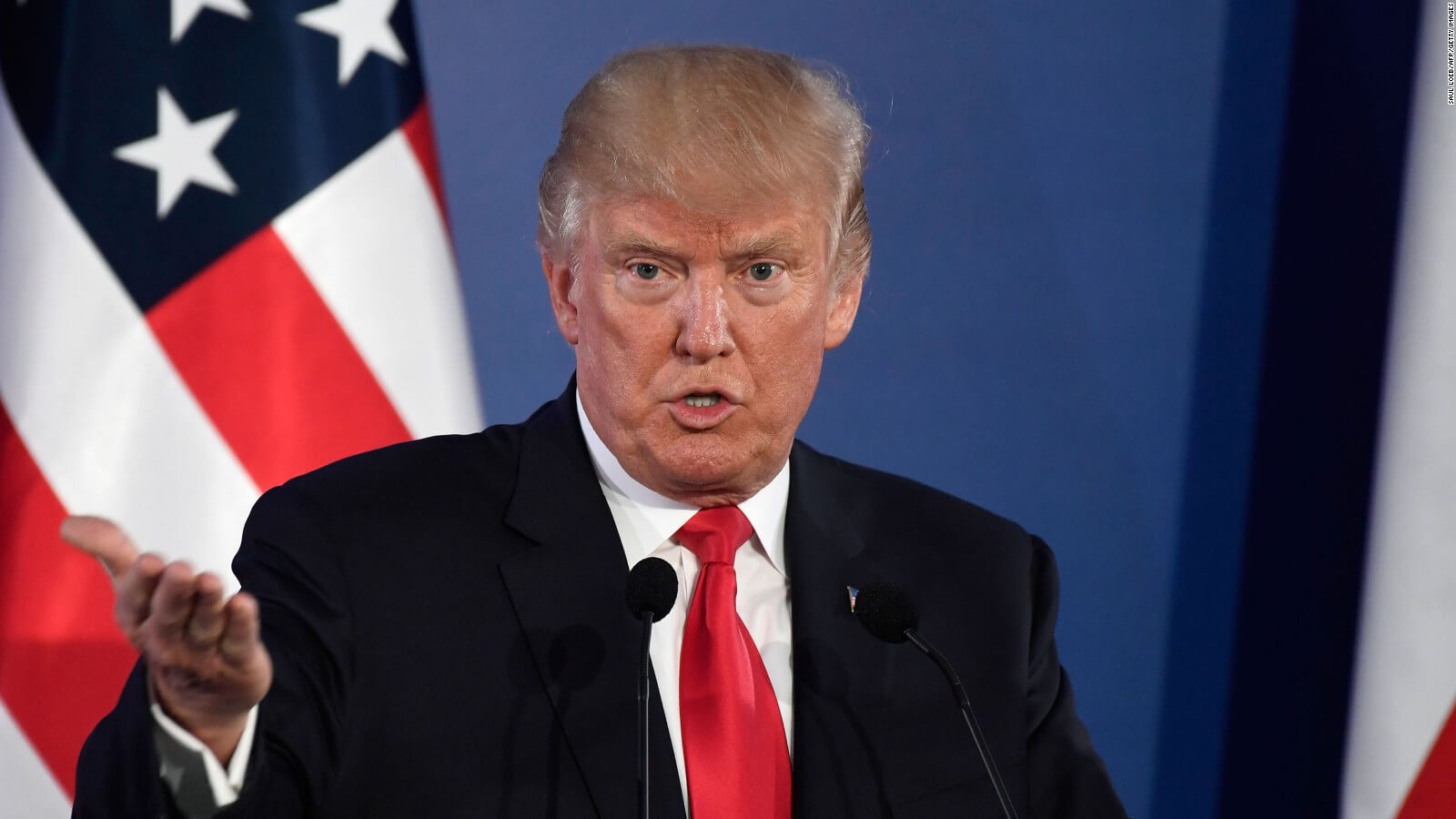After hitting the headlines numerous times recently, artificial intelligence has found itself under the spotlight these last few months. But concerns over AI haven't prompted the Trump administration to consider introducing any stifling regulations.
At a White House AI summit that brought together representative from 40 companies including Google, Facebook, and Intel to address issues related to the technology, Michael Kratsios, the deputy assistant to the president for technology policy, said the government wouldn't restrict AI research and development.
"We didn't cut the lines before Alexander Graham Bell made the first telephone call," Kratsios said. "We didn't regulate flight before the Wright Brothers took off at Kitty Hawk."
Following the controversy over Google's Duplex voice-calling system and the recent death of a pedestrian who was hit by an Uber self-driving vehicle, there had been calls for the introduction of government regulations, but Kratsios wants to maintain a free-market approach to AI.
Kratsios also spoke about concerns over the effect AI will have on jobs. "To a certain degree job displacement is inevitable. But we can't sit idle, hoping eventually the market will sort it out. We must do what Americans have always done: adapt." Some steps being taken to address this problem include grants for education, promotion of apprenticeship programs, and rural broadband for online learning.
The White House also announced the formation of a new task force: The Select Committee on Artificial Intelligence. Made up of the "most senior R&D officials" from across the federal government, it aims to "improve the coordination of Federal efforts related to AI to ensure continued U.S. leadership in this field."
